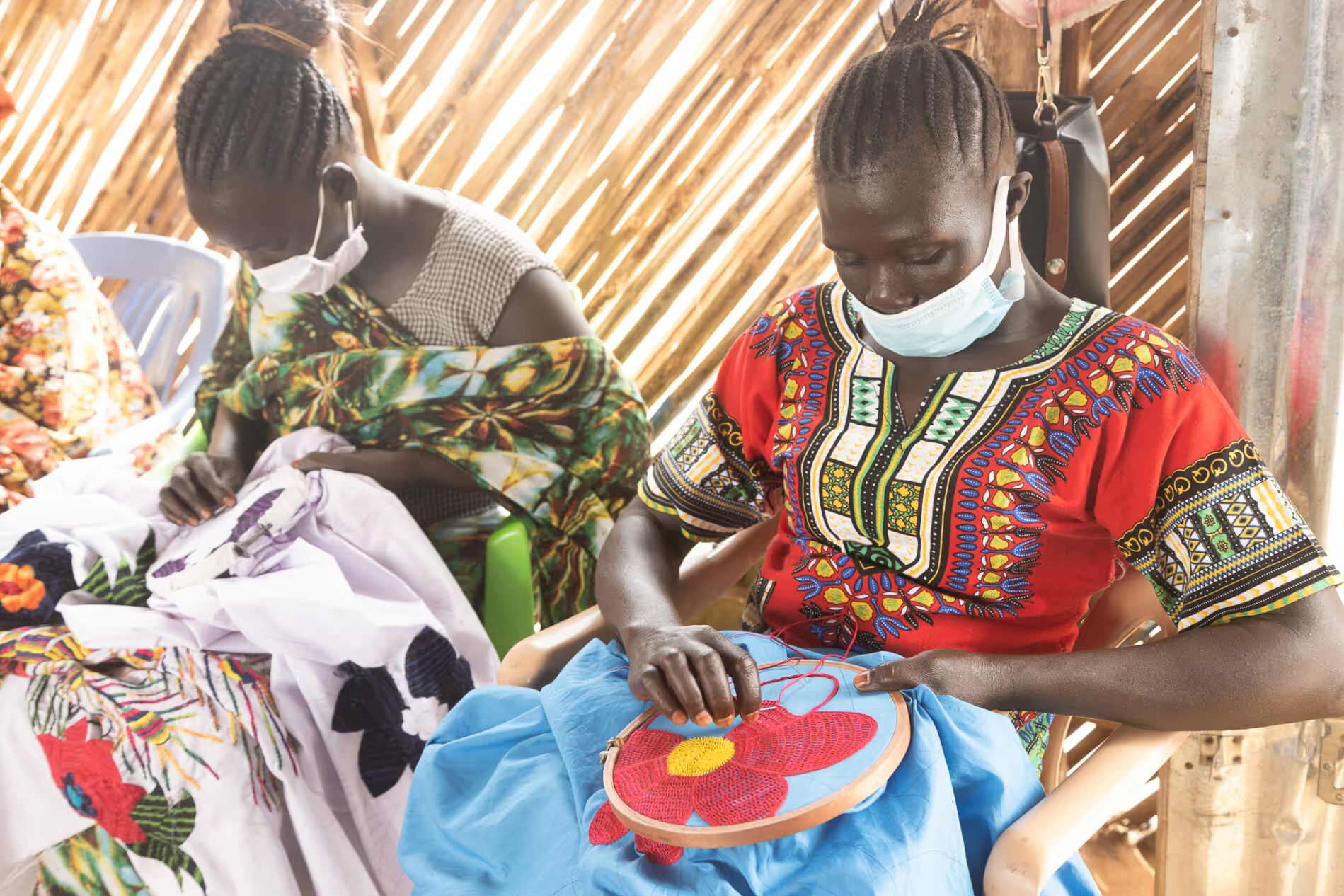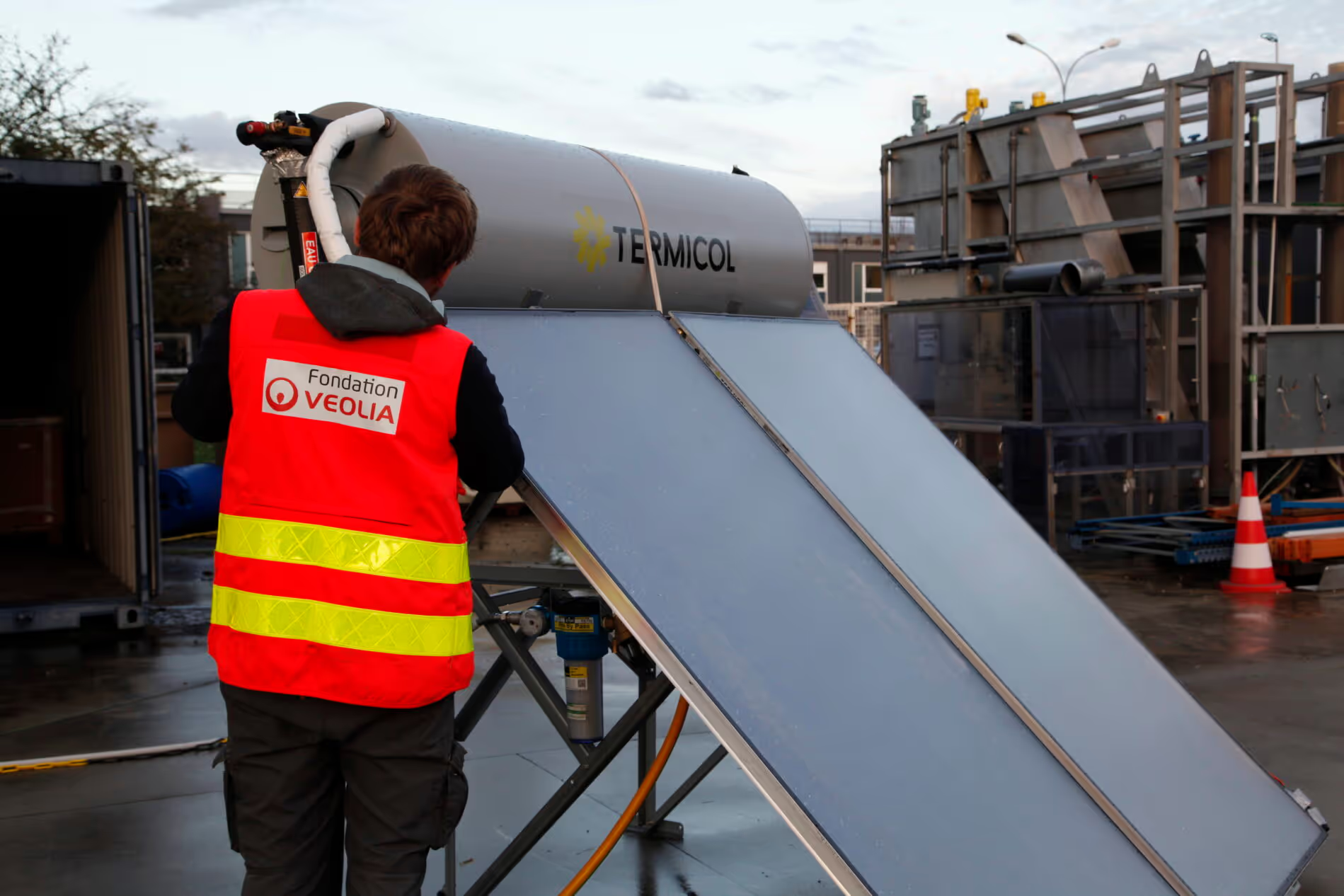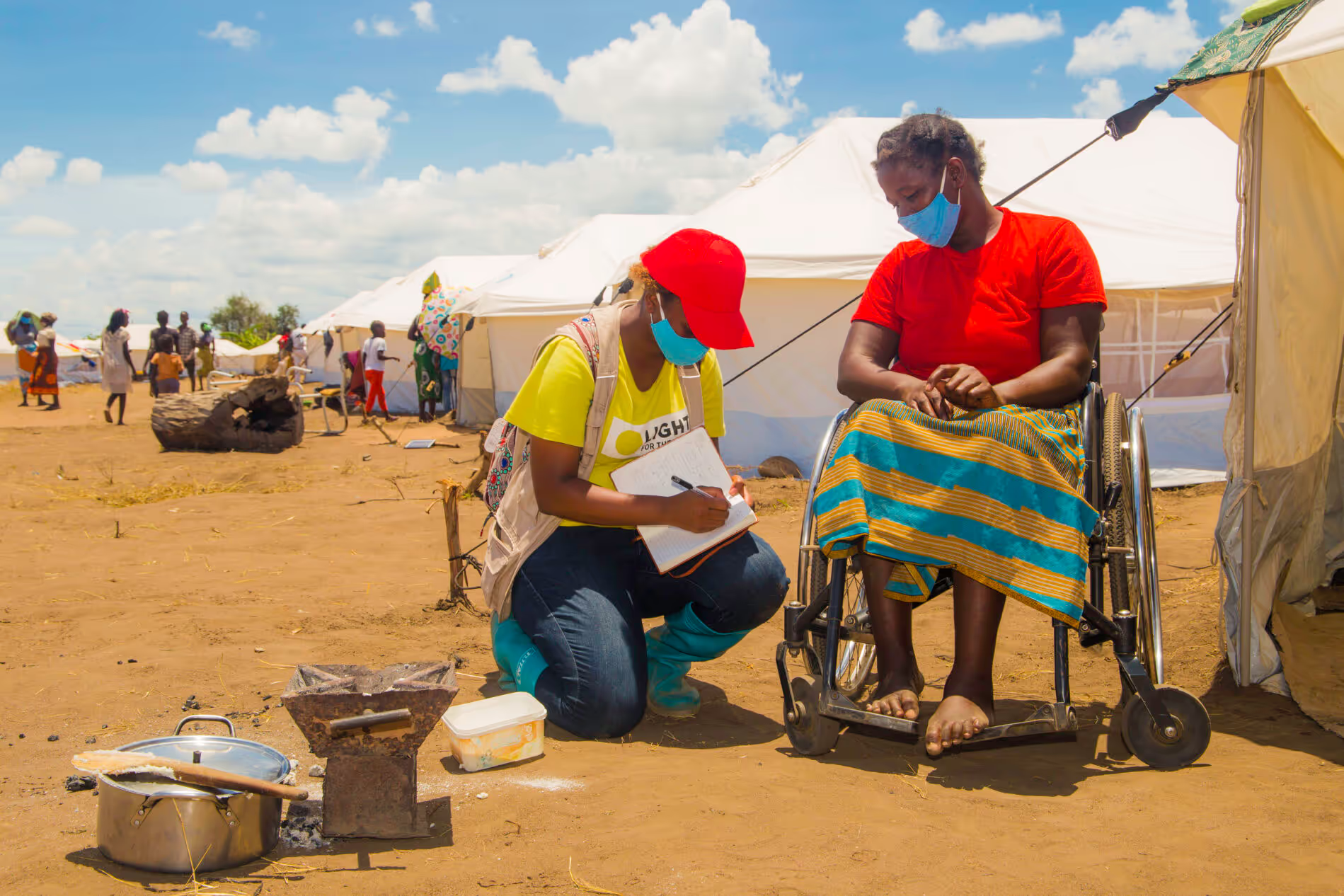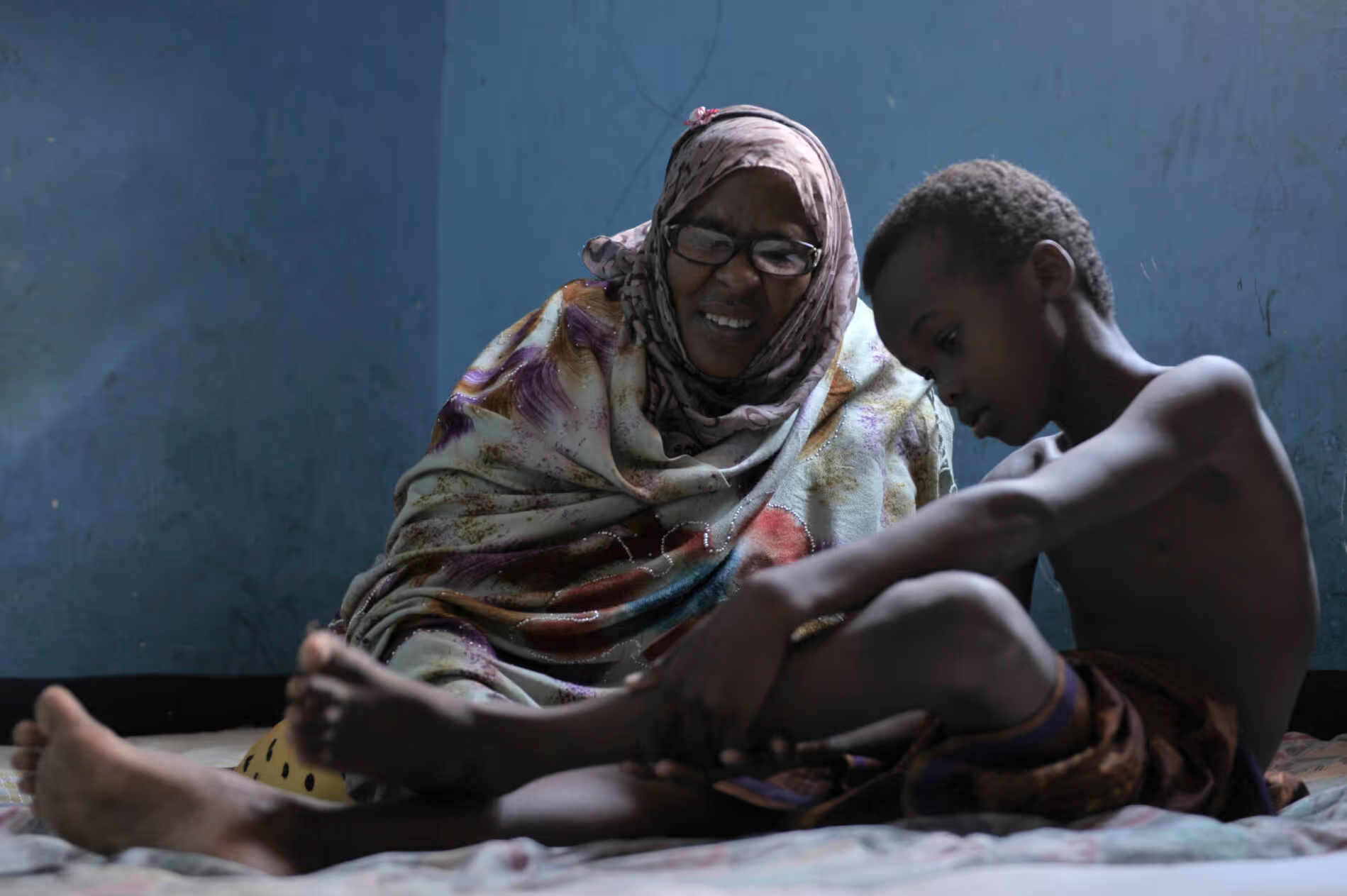Climate Adaptive Farming in Drought Prone Areas
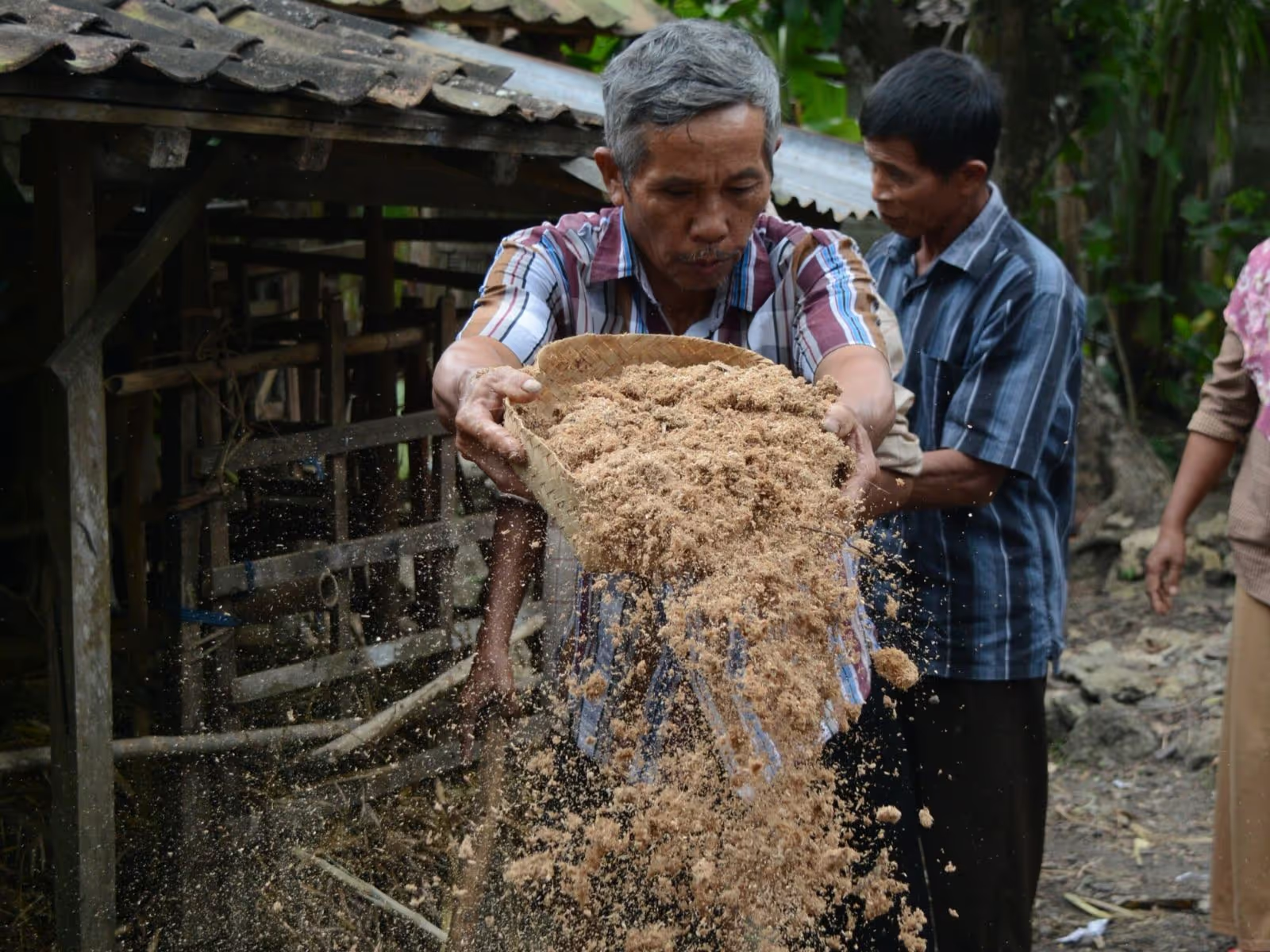
Project overview
YAKKUM Emergency Unit (YEU) has introduced climate adaptive agriculture to 8 communities in Gunungkidul District to accelerate the adoption of resilience farming with necessary agriculture infrastructure, climate-related agriculture networks and improved seeds propagation capacity against impacts of extreme climate events.
Project solution
This project offers [specific solution or intervention] to tackle [challenge]. By implementing [strategies, tools, or innovations], the project aims to achieve [desired outcomes]. The approach is designed to [specific actions or methods] to bring about meaningful change in [community, region, or issue area].
Expected outcomes
This project aims to achieve [specific outcomes], such as [measurable results, improvements, or changes]. The expected impact includes [benefits to the target community, advancements in research or innovation, or long-term effects]. By the end of the project, we anticipate [specific changes or milestones] that will contribute to [broader goals or objectives].
What is the humanitarian need?
Indonesia Disaster Risk Index in 2013, issued by BNPB (National Disaster Management Agency), classified Gunungkidul District a multi-hazard zone with drought amongst the highest cause of disaster. However, current agricultural practices in the area indicate that farmers plant rice varieties for high productivity value which is not drought-tolerant. The condition is exacerbated by shifts in the seasonal farming calendar, irregular precipitation patterns which cause explosions of weeds, crop pests and plant diseases and depleted water sources. These constitute crop failures and shortages of locally-grown seed supply. Thus, it is necessary to develop drought-tolerant seeds for propagation, establish a production network and improve farmers’ organisational capacity.
What is the innovative solution?
The innovation was introduced to 8 communities to address:
- non-structural adaptation strategy through locally-managed seed production which is more tolerant to drought
- strengthen institutional capacity of farmers’ groups and local government in the preparation to integrate climate adaptive agriculture into local regulations and preparedness scheme for food security
- utilising technology in accessing climate-related information to prepare for necessary adaptation actions
These proposed interventions were designed to reduce the risks from crop failure and to ensure the availability of seed storage in case of emergencies. In addition, farmers were encouraged to apply environment-friendly practices to farming through the production of organic fertiliser to improve the structure of soil in karst areas and bio-pesticides to control pests and diseases. The innovation on climate adaptive agriculture in drought-prone areas considered cost-efficiency measures with direct contributions from the target communities and the local government and also replicability for sustainable practices.
What were the expected outcomes?
Overall Objective: Agricultural communities living in drought-prone zones are able to minimise the impacts of drought by supporting them through the production of short-cycle and drought-tolerant seed varieties, combating crop pests and diseases and developing institutional capacity for food security.
Expected Outcomes:
- Improved capacity for farmers and the farmers’ network in the adoption of climate adaptive agriculture.
- Creation of technical support to access necessary information to address climate adaptive agriculture.
- Creation of a locally-managed seed bank mechanism to ensure the practices in seed propagation produce drought-tolerant seeds.
Project delivery & updates
Stay up to date with the latest developments from this project. Here, you will find details on what has been delivered, resources created, and regular updates as the project progresses. Access key documents, reports, and other materials to see how the project is making an impact.



